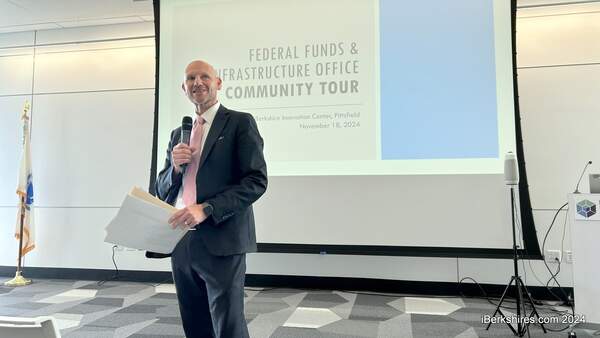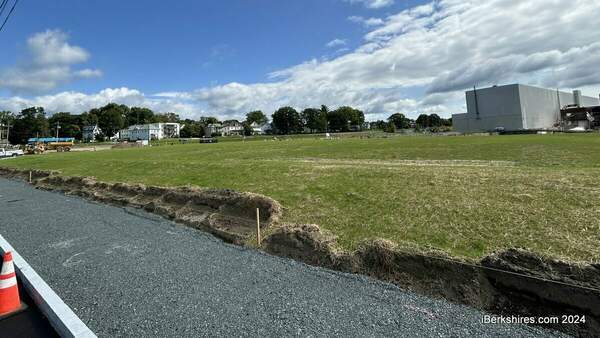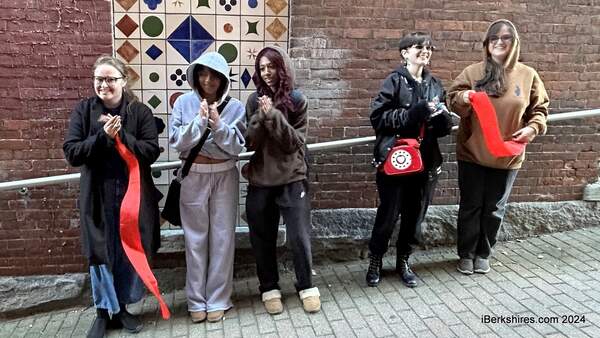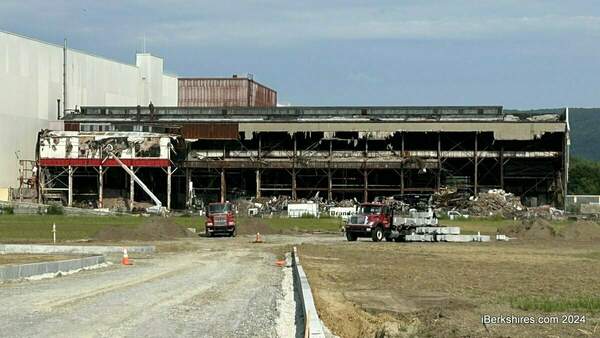Governor Awards Sustainable Materials Recovery Program Grants
BOSTON – The Healey-Driscoll Administration announced nearly $5.2 million in grant funding to 283 municipalities and regional solid waste districts across Massachusetts.
The grants, made available by the Massachusetts Department of Environmental Protection (MassDEP) through the Sustainable Materials Recovery Program (SMRP), will help communities bolster their recycling, composting, and waste reduction programs. The full list of awards is available here.
"Some of the most important environmental protection work happens every day in communities across our state," said Governor Maura Healey. "These grants help further our collective efforts to meet our aggressive goal of 90 percent waste reduction by 2050, while also boosting local economies by investing in the waste reduction industry."
"Residents partner with their communities to help protect the environment by recycling and reusing as much as possible," said Lieutenant Governor Kim Driscoll. "This important funding will help municipalities implement innovative programs and policies that are proven to maximize reuse, recycling, and waste reduction."
The Sustainable Materials Recovery Program provides funding for recycling, composting, reuse, and source reduction activities that will reduce the amount of waste disposed of in landfills and incinerators. Waste prevention and recycling reduces greenhouse gas emissions by capturing the embodied energy in everyday product and packaging waste and converting it into new products. More than $50 million has been awarded through the Program since 2010.
"Recycling programs play a vital role in limiting our dependence on landfills and incinerators, reducing greenhouse gas emissions, and supporting economic activity across our state," said Energy and Environmental Affairs Secretary Rebecca Tepper. "These grants help communities cycle resources back into our economy and support local businesses throughout the collection, processing, and manufacturing chain."
Funds have been awarded in several categories, including start-up incentives for Pay-As-You-Throw programs, containers for the collection of mattresses, wheeled carts for curbside collection of food waste, equipment for the collection of mercury-bearing items, regional small-scale initiatives, and the Recycling Dividends Program.
This year, 278 communities qualified for the Recycling Dividends Program and will receive funding totaling $3.65 million. This program recognizes municipalities that have implemented policies and programs proven to maximize materials reuse and recycling, as well as waste reduction. Communities receiving funding must reinvest in their own municipal recycling efforts. Under the program, 15 municipalities have been awarded Recycling Dividends Program payments of more than $50,000: Arlington, Attleboro, Boston, Brockton, Cambridge, Chicopee, Framingham, Lawrence, Lowell, Lynn, New Bedford, Newton, Quincy, Springfield, and Worcester.
"Recycling Dividends Program awards give communities the opportunity to make critical investments in their recycling programs – ultimately capturing more materials that can be recycled or reused, and helping them to reduce their waste disposal costs," said MassDEP Commissioner Bonnie Heiple. "This is another example of MassDEP’s commitment to building strategic partnerships with our local communities to build a more sustainable future."
Pay-As-You-Throw, a program where residents purchase pre-printed bags, stickers, or tags for trash disposal to pay directly for the amount of waste generated, is a proven waste reduction strategy that continues to be a priority for MassDEP. Funds were awarded to five municipalities and totaled more than $1 million. This includes awards between $150,000 and $300,000 each for Arlington, Marshfield, North Attleborough, and Westborough.
Funding for Universal Waste Sheds were awarded to eight communities for their drop-off facilities for the collection of mercury-bearing items; $5,000 was awarded to each municipality. MassDEP also awarded $110,000 to 11 municipalities for mattress collection containers to facilitate residential mattress recycling at their drop-off facilities; $10,000 was awarded to each municipality.
Wheeled-cart grants for the curbside collection of food waste were awarded to the City of Medford in the amount of $105,000 for a new town-wide collection program. The towns of Nahant and Norwood also received funding for a curbside food waste collection pilot program, at $2,100 and $10,500, respectively.
Finally, a grant for $250,000 was awarded to the South Shore Recycling Cooperative – representing 12 South Shore towns – for the establishment of a permanent household hazardous waste facility based in Hanover.
More information about the Sustainable Materials Recovery Program can be seen here.
Tags: MassDEP,















